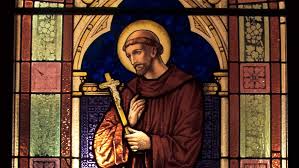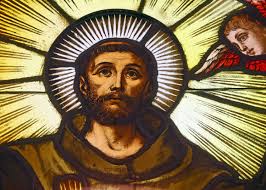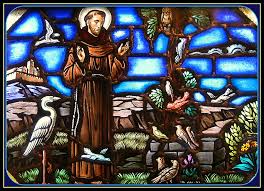“Our Spirituality” is based on the Franciscan way of life, which is deeply rooted in the holy Gospel of Jesus Christ, and the very life which St. Francis of Assissi himself lived in his life time. Our Foundress mother Thatipatri Gnanamma quite obediently followed the Franciscan ideals of perfection in her life of utter simplicity and full trust in God.
For St. Francis, Jesus Christ is everything in his life, in his word & in his deed. Let us therefore make Jesus Christ the centre of our life, to proclaim Him by walking in the footsteps of St. Francis of Assisi, our spiritual father.






